
A Poverty, Prosperity, and Planet Report 2024 published by the World Bank has emphasised the need for comprehensive policy approaches highlighting a complex picture of poverty and inequality in the country.
According to the report, Malawi is among several African countries experiencing high levels of multidimensional poverty.
The measure goes beyond simple income metrics to include factors such as access to education, healthcare and basic services.
Malawi’s multidimensional poverty rate is substantially higher than its monetary poverty rate, indicating that citizens face deprivations across multiple aspects of their lives.
The report also indicates that the prosperity gap for Malawi is significant, suggesting that high levels of inequality are hampering the nation’s progress towards shared prosperity.
The report places Malawi alongside other sub-Saharan African countries facing similar issues of multidimensional poverty and inequality, suggesting the need for collaborative efforts and shared learning among African nations.
In an interview, economist Velli Nyirongo said inequality in Malawi is a complex issue with far-reaching implications.
He said the trend is driven by a confluence of factors, including historical land ownership patterns, limited access to education and skills, inadequate infrastructure, corruption and the vulnerability to climate change.
“The consequences of inequality are manifold. High levels of inequality often correlate with high rates of poverty, social unrest, limited economic growth and disparities in health and education outcomes. Addressing inequality is crucial for Malawi’s development and well-being,” Nyirongo said.
Another economist Marvin Banda said poverty is a multidimensional phenomenon that affects the Malawian demographic differently.
He said, unfortunately Malawians think about income inequality which is the reason focus is on monetary poverty and subsequent food.
“The levels of relevance placed on other aspects of poverty can be undermined by threats posed by monetary deficiencies which most policy makers believe unlocks the probability of decreasing overall poverty because it affords the citizens’ choices on what other aspects of poverty they deem most pressing to them.
“However, the multidimensional aspect of poverty means that there are many problems that money alone cannot solve, especially through politically designed short-termism that leaves many Malawians in perpetual poverty,” he said.
In another publication, the World Bank predicts that poverty levels in Malawi will reach 72 percent at the end of 2024 from 71.8 percent in 2023.


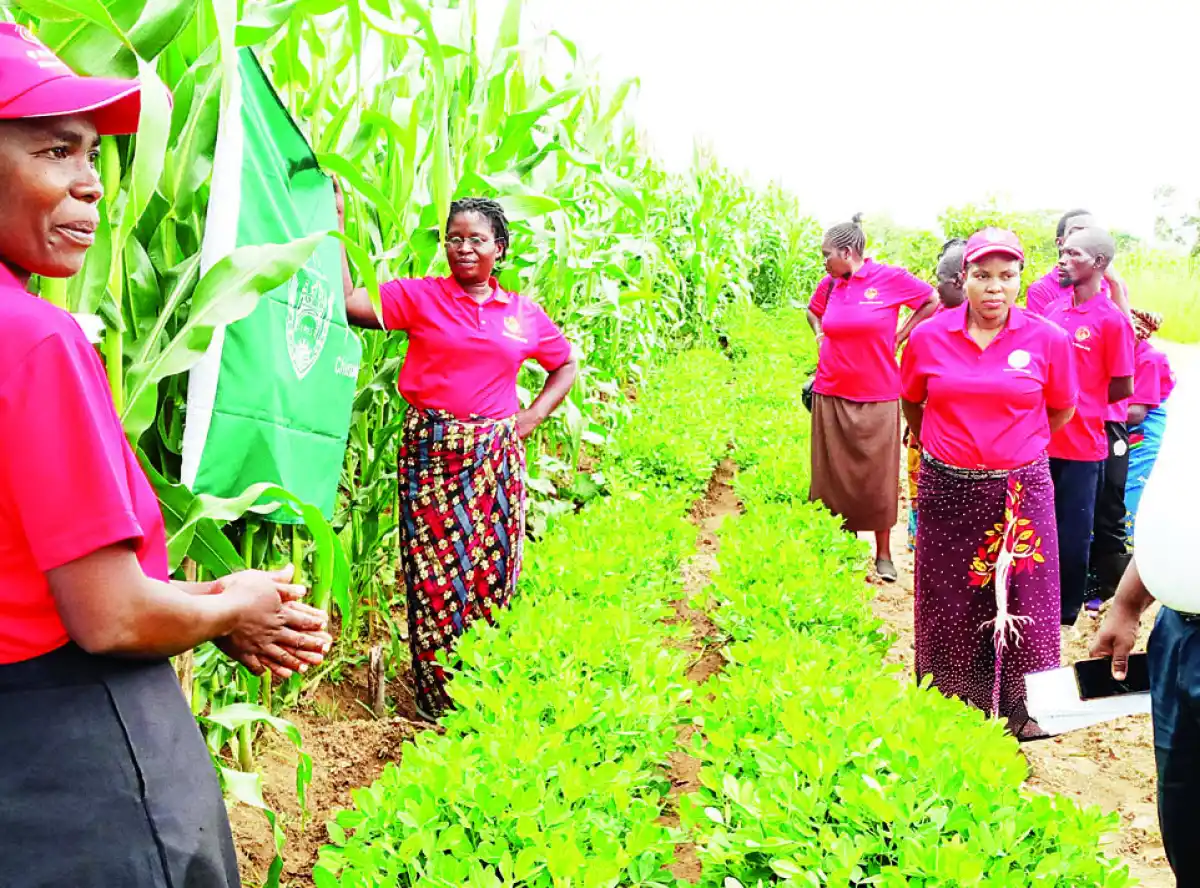
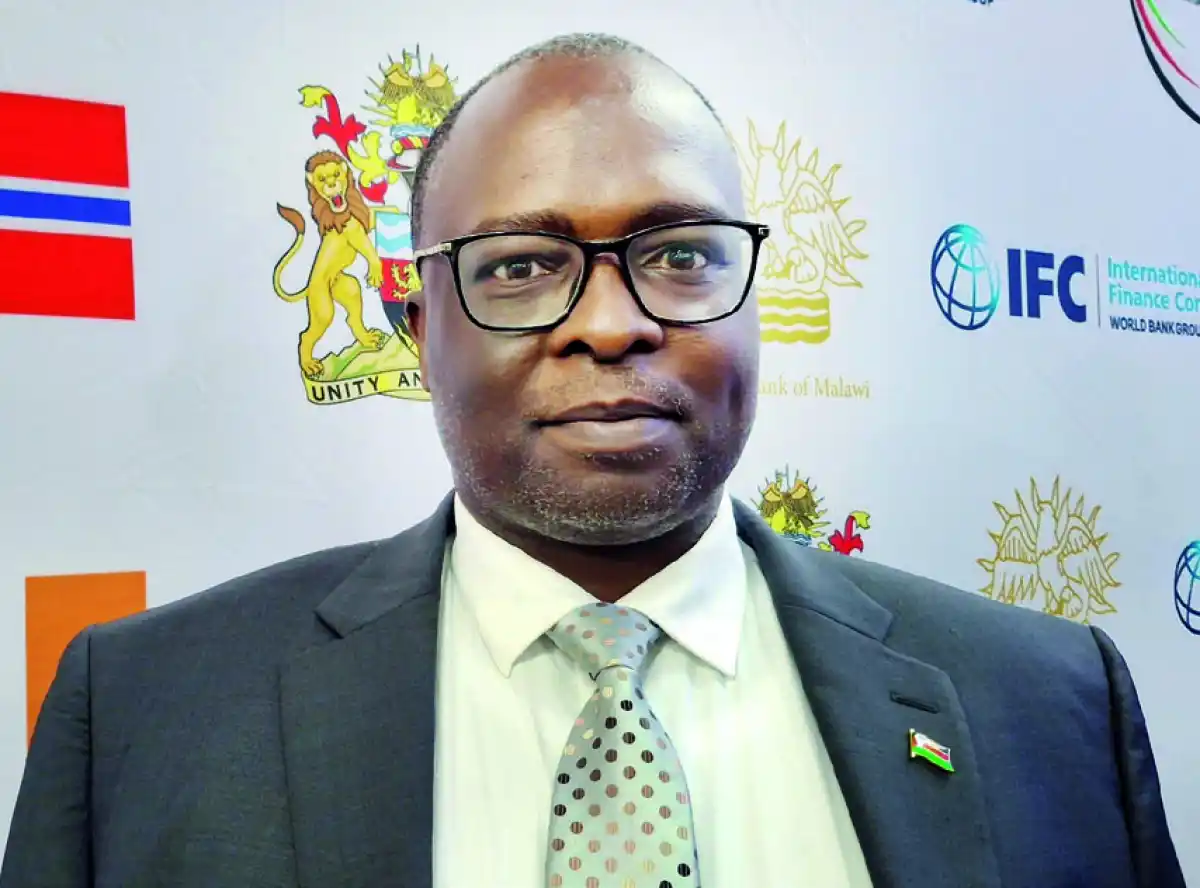
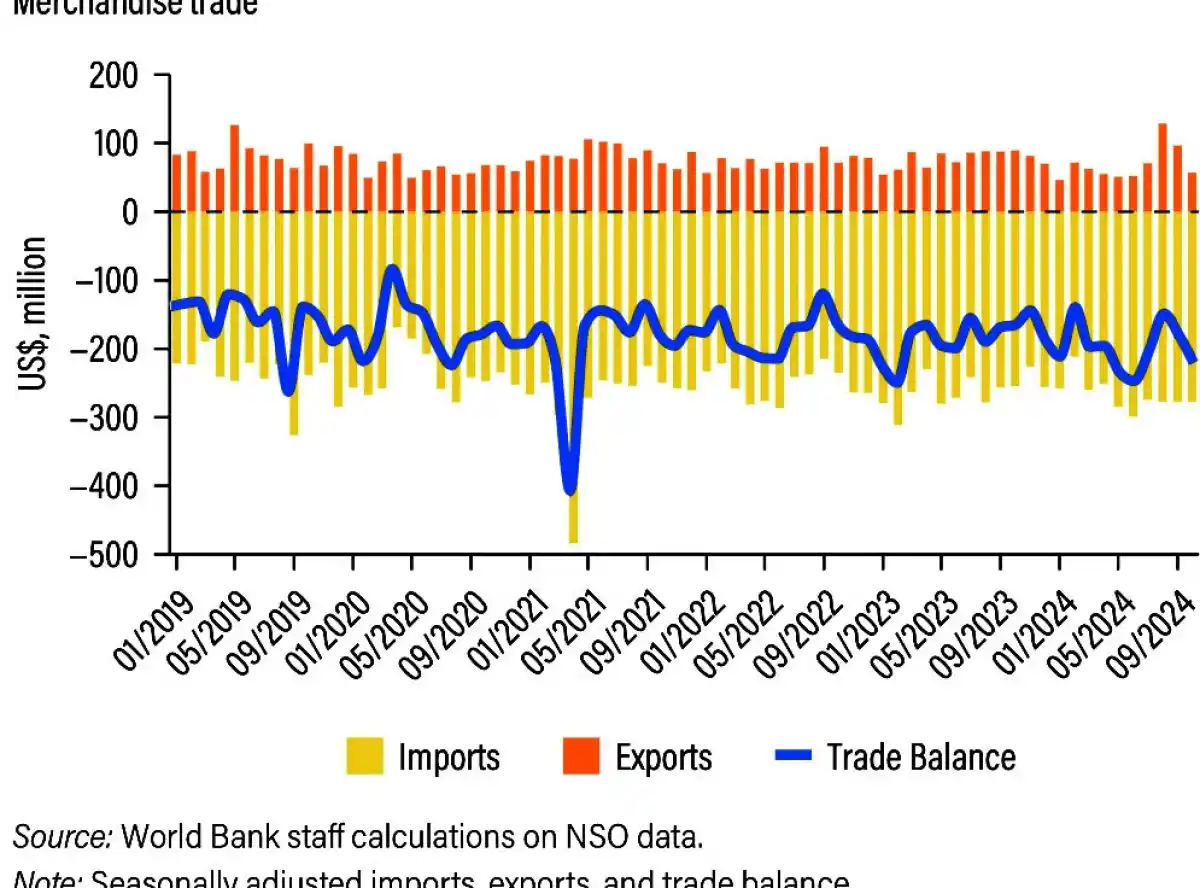
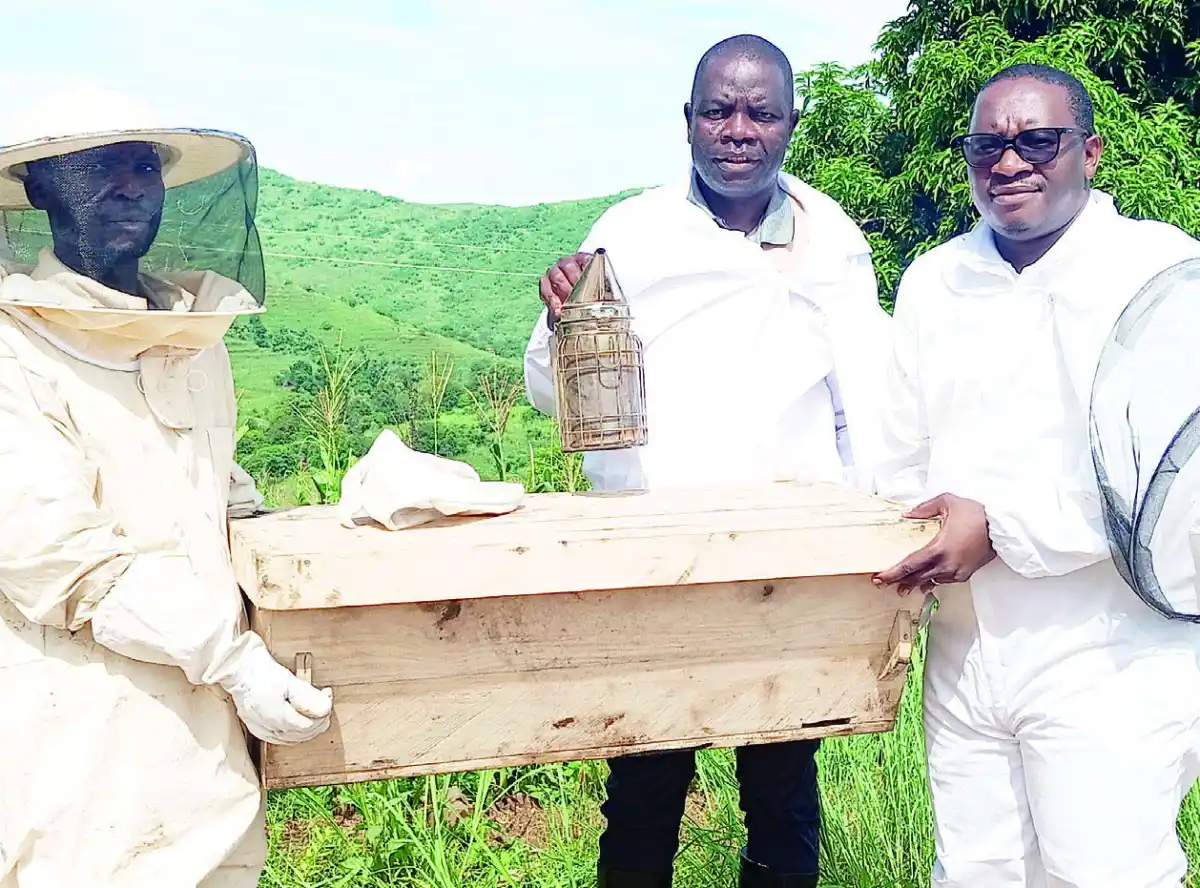
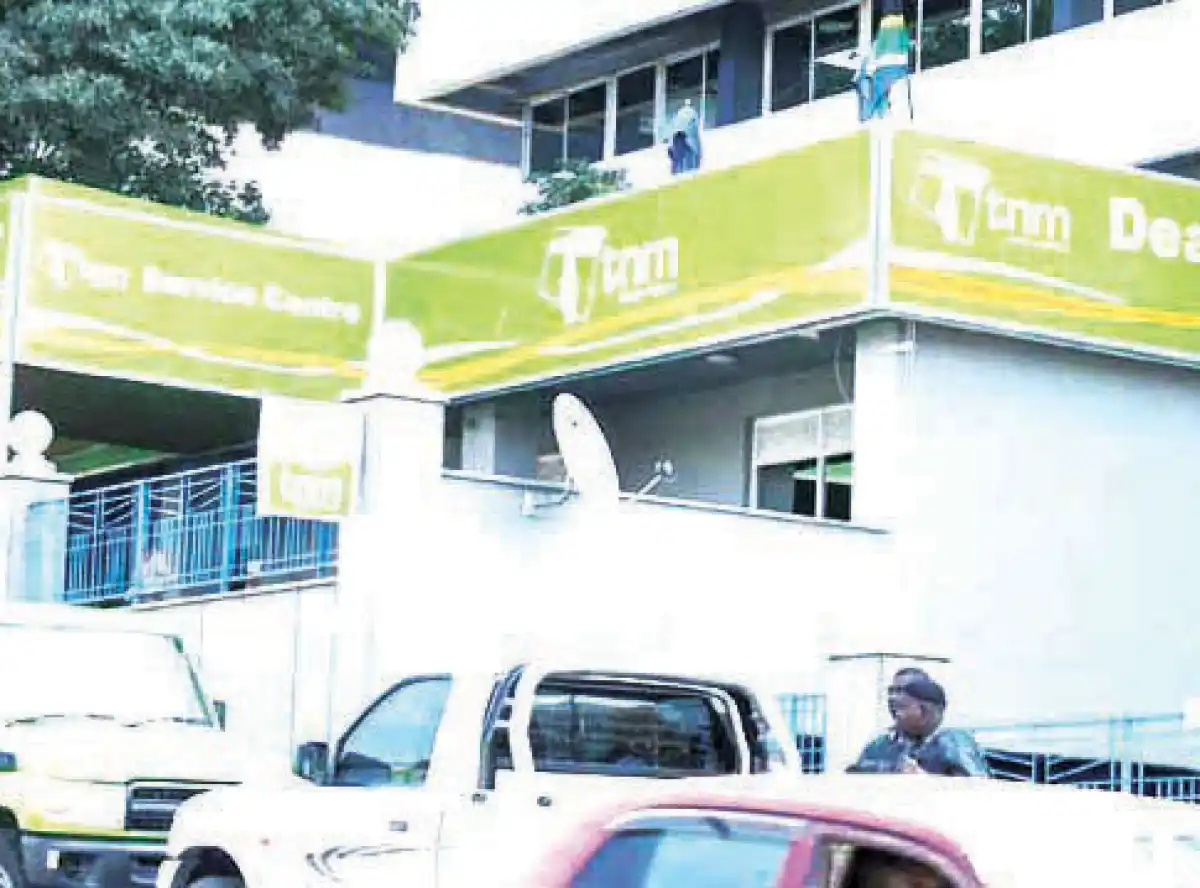
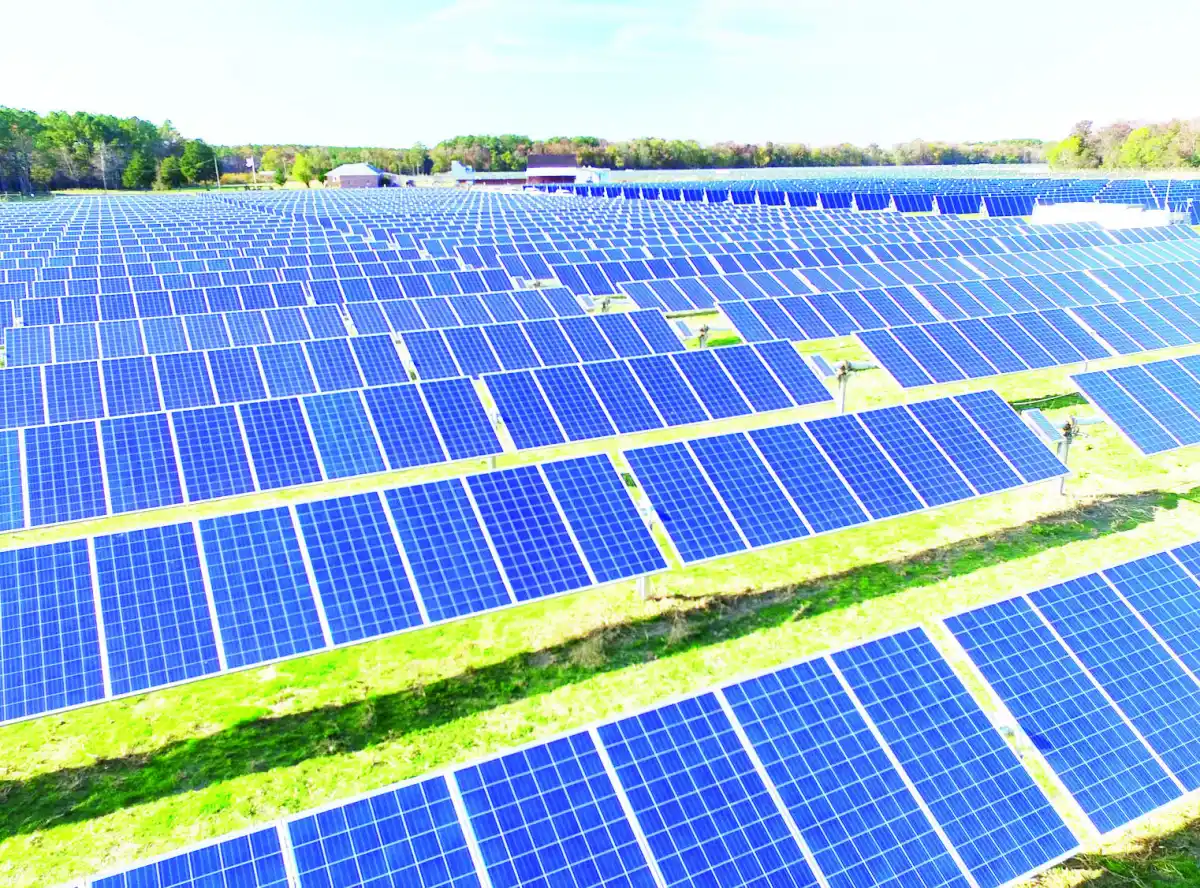
0 Comments